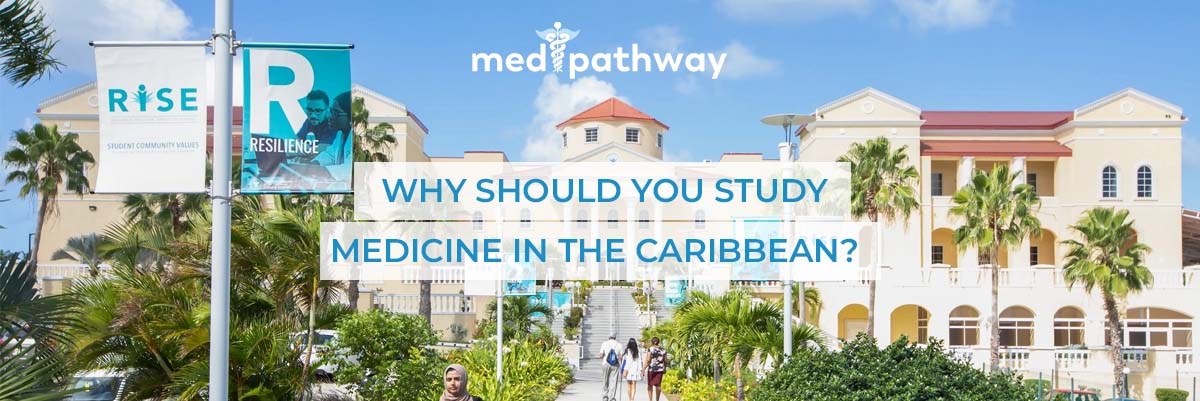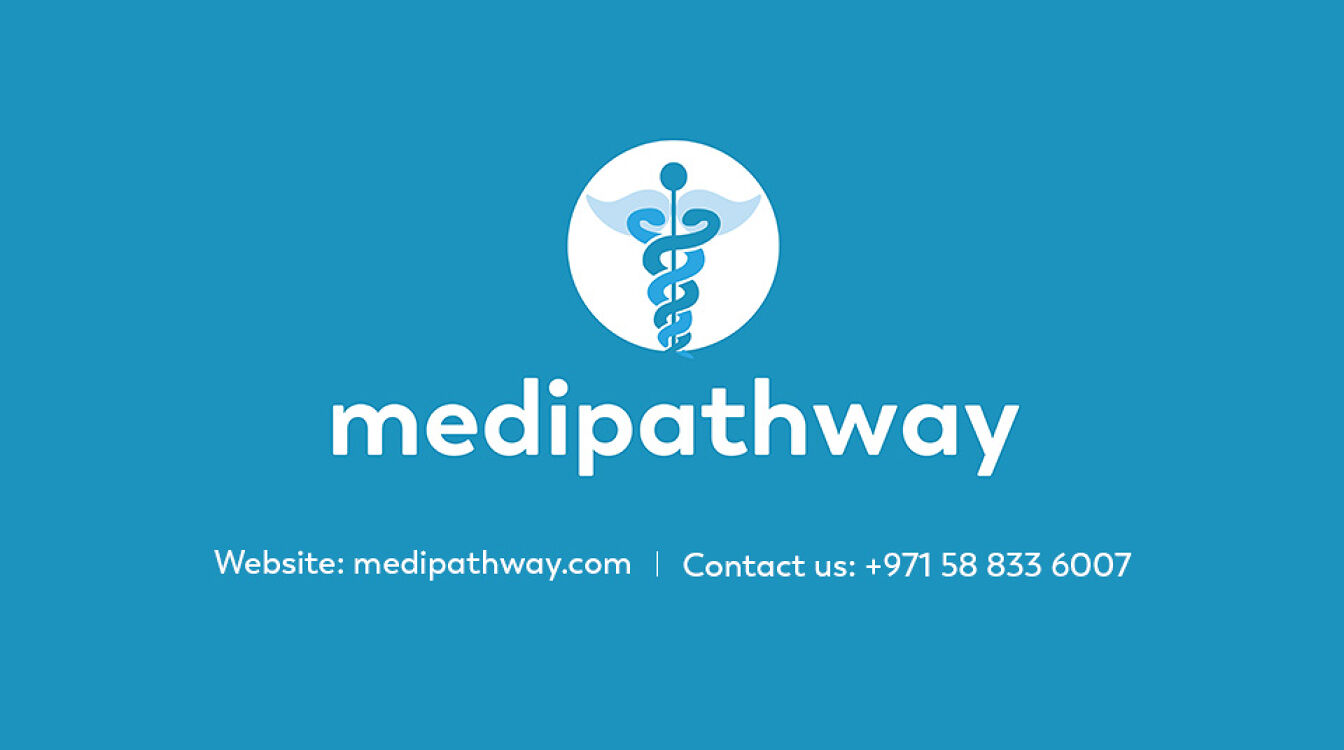Medipathway: Why Should You Study Medicine in the Caribbean?
The field of medicine has always been a sought-after career for many individuals, and with good reason. It is a field that provides immense satisfaction, respect, and financial stability and offers an opportunity to help others in need. If you are considering pursuing a medical career, consider studying in the Caribbean. Here are a few reasons why:
Quality of Education
Caribbean medical schools offer a higher education standard than medical schools in the United States. Most Caribbean medical schools follow the same curriculum as U.S. medical schools. Their graduates are eligible to take the USMLE (United States Medical Licensing Examination) and pursue residency programs in the United States.
Lower Cost
Tuition fees at Caribbean medical schools are significantly lower than in the United States. This is particularly attractive for students who may need help to afford the high medical education costs in the United States. In addition, living expenses in the Caribbean are lower than in the United States, making it an affordable option for many students.
International Experience
Studying in the Caribbean provides an opportunity to gain international experience and exposure to different cultures. This can be particularly advantageous for those interested in pursuing a career in global health or working in underserved communities.
Diverse Student Body
Caribbean medical schools attract students worldwide, creating a diverse student body. This provides an opportunity to learn from and work with individuals from different backgrounds and cultures, which can be particularly valuable in medicine.
Clinical Rotations
Caribbean medical schools offer clinical rotations in the United States, allowing students to gain hands-on experience in American hospitals and clinics. This experience can be precious for students pursuing residency programs in the United States.
Flexible Admissions
Caribbean medical schools often have more flexible admissions requirements than U.S. medical schools, making it easier for students who may not have a traditional pre-medical background to gain admission. This can be particularly advantageous for students who have pursued non-traditional paths, such as those who have worked in other industries before deciding to pursue medicine.
High Match Rates
Graduates of Caribbean medical schools have a high match rate for residency programs in the United States. This is a testament to the quality of education provided by Caribbean medical schools and the ability of their graduates to succeed in the highly competitive field of medicine.
Accessible Faculty
Caribbean medical schools have smaller class sizes and accessible faculty members, so students receive more personalized attention and support from their professors. This can be particularly valuable for students needing extra help or guidance.
Cultural Immersion
Studying medicine in the Caribbean provides an opportunity to immerse oneself in a new culture and gain a deeper understanding of the healthcare needs of underserved populations. This experience can be precious for students who plan to pursue careers in global health or work in underserved communities.
Clinical Experience
Caribbean medical schools offer ample opportunities for clinical experience, which can be particularly valuable for students who plan to pursue careers in patient care. Caribbean medical schools partner with hospitals and clinics throughout the region, providing students diverse clinical experiences.
Strong Network
Graduates of Caribbean medical schools form a strong network that can be valuable throughout their careers. Caribbean medical schools have alum networks that span the globe, providing students access to diverse healthcare professionals and opportunities.
Personal Growth
Studying in the Caribbean allows personal growth and self-discovery. Students must adapt to a new culture and environment, which can be challenging and rewarding. Students can develop resilience, adaptability, and a global perspective, which can be valuable throughout their careers.
Clinical Research Opportunities
Caribbean medical schools offer ample opportunities for clinical research, particularly in tropical medicine, infectious diseases, and public health. Students can gain research experience and contribute to developing new treatments and therapies.
Language Skills
Studying in the Caribbean allows language skills to be developed. Many Caribbean medical schools offer English, Spanish, and French programs, allowing students to build fluency in a second language.
Community Service
Caribbean medical schools prioritize community service and offer ample opportunities for students to give back to their communities. Students can volunteer at local clinics, hospitals, and community organizations, giving them a deeper understanding of the healthcare needs of underserved populations.
Studying medicine in the Caribbean offers a unique and rewarding experience that can prepare students for successful medical careers. While there are challenges associated with learning in the Caribbean, the benefits far outweigh the risks. Students passionate about pursuing a medical career should consider looking in the Caribbean as a viable option.
While studying in the Caribbean has many advantages, there are also some challenges that students should be aware of. One of the biggest challenges is the stigma sometimes associated with Caribbean medical schools. Some individuals may view Caribbean medical schools as being of lower quality than U.S. medical schools, and this perception can make it more difficult for graduates of Caribbean medical schools to find employment in the United States. However, this perception is changing, and many employers now recognize the quality of education provided by Caribbean medical schools.
Studying medicine in the Caribbean is a viable option for individuals who are passionate about pursuing a medical career but may need more resources to attend medical school in the United States. Caribbean medical schools offer a high standard of education, a diverse student body, and the opportunity to gain international experience. While there are challenges associated with studying in the Caribbean, with hard work and dedication, students can succeed and pursue rewarding medical careers.






Comments
Post a Comment